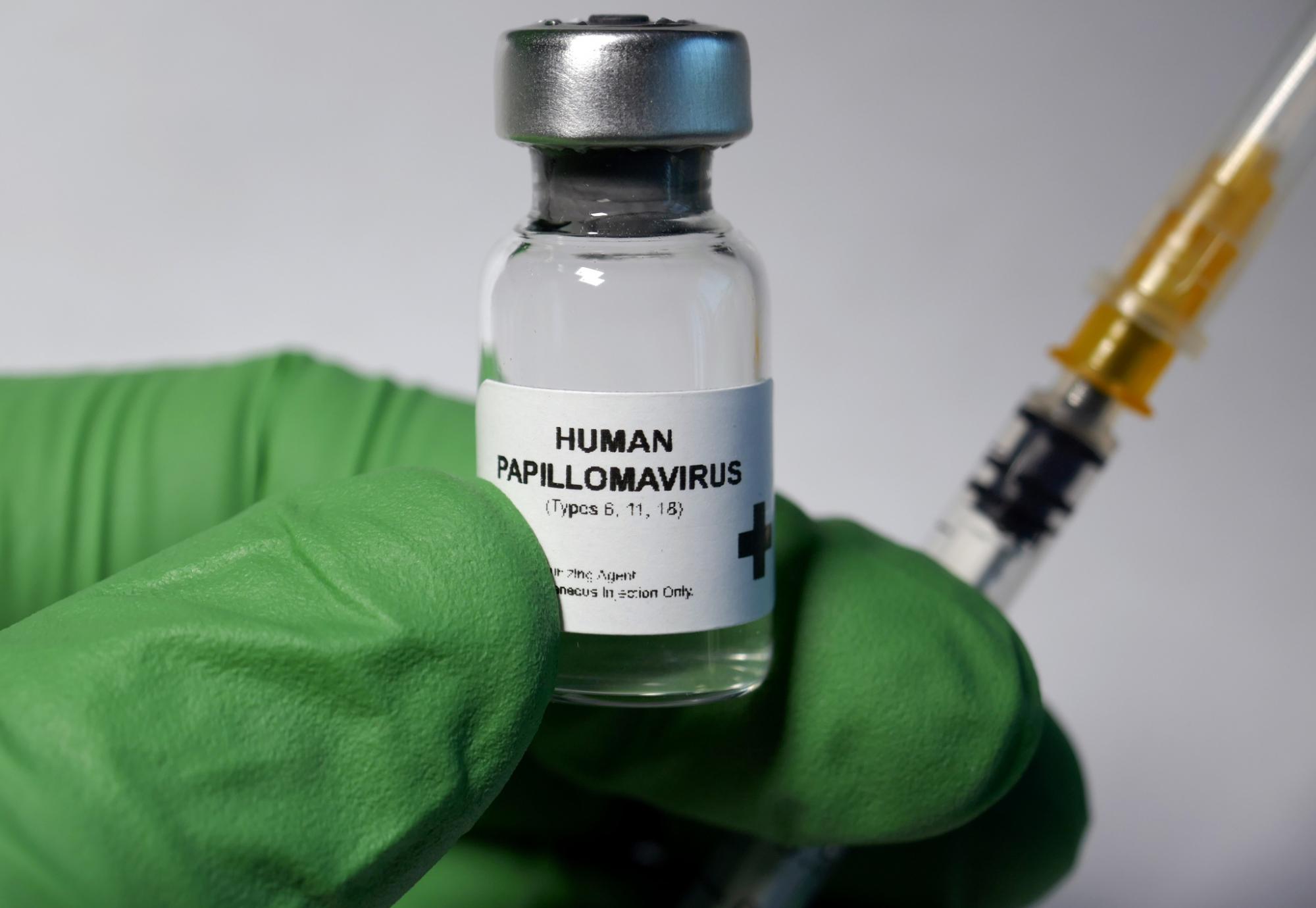A study into the HPV vaccine has found that cases of cervical cancer are eighty-seven percent lower in women who received the jab as a teenager.
The HPV vaccine was rolled out in the UK thirteen years ago and was given to teenage girls during high school age. Research showed a 97 per cent decrease in pre-cancerous changes to cells in women vaccinated between the ages of 12 to 13, a 75 per cent decrease in women vaccinated between 14 and 16 and 39 per cent decrease in women vaccinated aged 16 to 18.
Since September 2019, a new vaccine called Gardasil, as opposed to the previous vaccine Cervarix, has been offered to both boys and girls in year 8 and above, with a second dose of the vaccine being given 6 to 24 months later. The vaccine is most effective at this age, however, can be given up till the age of twenty-five.
The decision to open the vaccine up to boys as well as girls came after advice from the Joint Committee on Vaccination and Immunisation (JCVI), the independent body that advises UK health departments on immunisation.
HPV is the leading cause for cervical cancer and can be transmitted through sexual contact through both men and women.
The study estimates that the HPV programme has prevented about 450 cancers and 17,200 pre-cancers so far.
Lead author of the study, Professor Peter Sasieni, of King’s College London, said: “It’s been incredible to see the impact of HPV vaccination and now we can prove it prevented hundreds of women from developing cancer in England. We have already seen the power of vaccines in controlling the Covid-19 pandemic. These data show that vaccination works in preventing some cancers.”
Dr Vanessa Saliba, consultant epidemiologist for the UK Health Security Agency, which also formed part of the study, said: “These remarkable findings confirm that the HPV vaccine saves lives. We encourage all who are eligible to take it up when it is offered in school. All those eligible can catch up until their 25th birthday.”
Michelle Mitchell, Cancer Research UK’s chief executive, said: “Results like this show the power of science. It’s a historic moment to see the first study showing that the HPV vaccine will continue to protect thousands of women from developing cervical cancer.” There are about 3,200 cases of cervical cancer diagnosed each year in the UK.



















